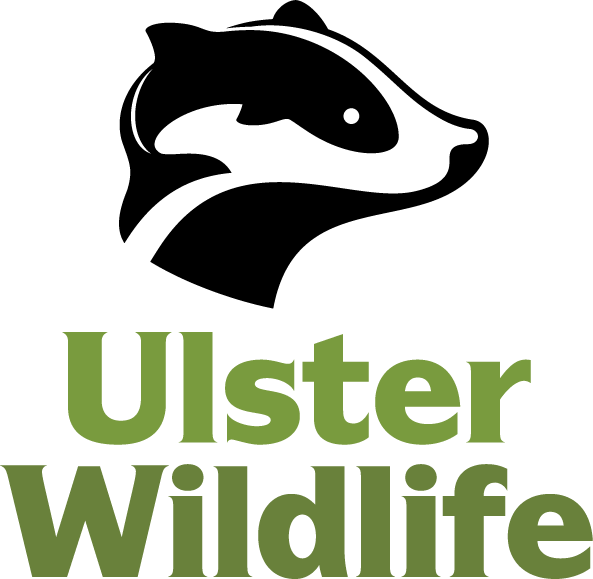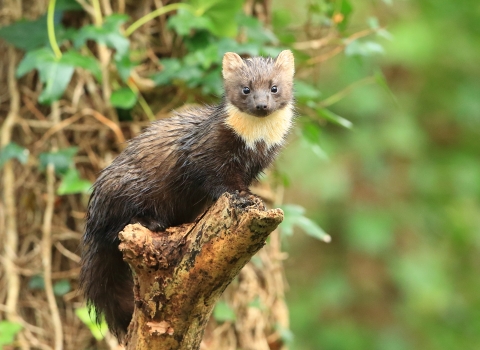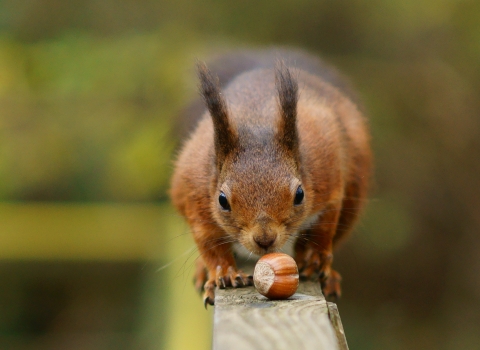Ulster Wildlife has teamed up with zoology researchers from the Ryan Institute in NUI Galway and the Vincent Wildlife Trust to determine the latest distribution of red and grey squirrels and pine marten in Ireland.
The group are inviting members of the public to participate in a Citizen Science survey and record their sightings of the three mammal species during 2019. The results will allow the team to compare the current status of the animals with previous surveys conducted in 1997, 2007 and 2012.
Since their introduction in 1911, the grey squirrel has spread throughout a large area of the island of Ireland. The red squirrel, although still quite widespread, has disappeared from many forests as a result of competition and disease spread by the greys. In the most recent survey in 2012, however, there were indications that the grey squirrel had retreated in certain areas, and this has been attributed to the recovery of another native species, the pine marten.
The pine marten has made a considerable recovery in Ireland since it became protected under the Irish Wildlife Act of 1976 and the Wildlife (NI) Order 1985. In the midlands of Ireland and Fermanagh, where pine martin densities are highest, grey squirrels have disappeared. It seems the grey squirrels are not able to cope with this predator, either because they are naïve to the dangers, or are becoming stressed when the pine marten is present.
The native red squirrel, on the other hand, has lived alongside the pine marten for centuries, and although occasionally eaten, they can co-exist quite happily. In fact, with the loss of their competitor the grey squirrel, red squirrel numbers have increased and they have returned to woods where they had previously disappeared.


